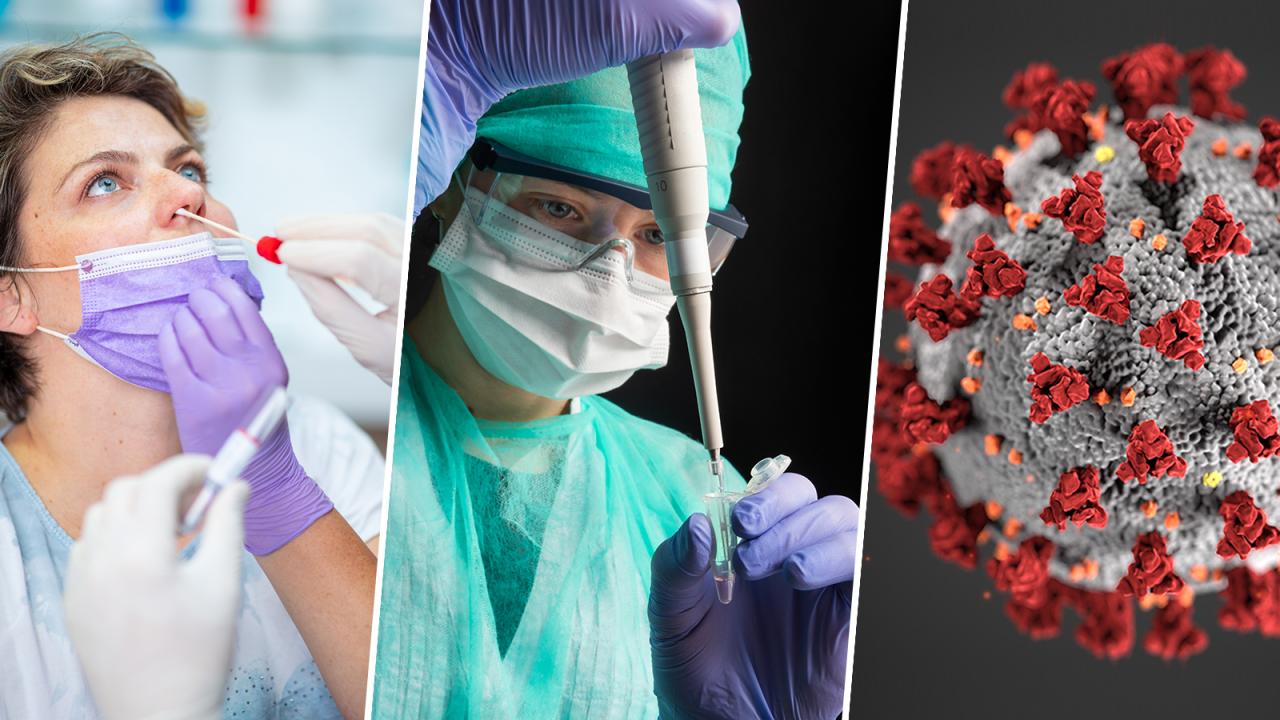
As the world grapples with the ongoing challenges of the COVID-19 pandemic, the scientific community has been tirelessly searching for ways to mitigate the virus’s impact. Amidst various therapeutic strategies, one nutrient has sparked considerable interest: Vitamin D. Often dubbed the “sunshine vitamin” due to its production in the skin following sunlight exposure, Vitamin D has long been celebrated for its role in bone health and immune function. Recent research has begun to illuminate a potential link between Vitamin D levels and COVID-19 outcomes, stirring both hope and debate within the health community. This article explores the emerging evidence on Vitamin D’s role in COVID-19, shedding light on its implications for public health.
Vitamin D: A Brief Overview
Vitamin D is a fat-soluble vitamin that plays a critical role in calcium absorption, bone health, and immune system regulation. It’s unique among vitamins because it can be synthesized by the human body when ultraviolet rays from sunlight strike the skin. Despite this natural source, Vitamin D deficiency is surprisingly common worldwide, attributed to factors like limited sun exposure, skin pigmentation, age, and dietary intake.
The Immune Connection
The intrigue in Vitamin D’s role against COVID-19 is largely rooted in its known effects on the immune system. Vitamin D receptors are expressed on immune cells, and the vitamin can modulate the innate and adaptive immune responses. It enhances the pathogen-fighting effects of monocytes and macrophages and decreases inflammation, potentially reducing the risk of infection or the severity of immune responses, such as the cytokine storm associated with severe COVID-19 cases.
Scrutinizing the Evidence
Research exploring the connection between Vitamin D and COVID-19 has yielded mixed, yet provocative, results. Several observational studies have found correlations between low Vitamin D levels and increased susceptibility to COVID-19 infection, more severe disease, or higher mortality rates. For instance, some early studies suggested that Vitamin D deficiency might be more common in patients with severe COVID-19 outcomes.
However, it’s crucial to approach these findings with caution. Observational studies can reveal associations but cannot prove causation. Many factors influencing Vitamin D status, such as age, comorbidities, and lifestyle choices, are also risk factors for severe COVID-19, complicating the interpretation of these results.
Clinical Trials and Vitamin D Supplementation
Randomized controlled trials (RCTs), the gold standard for determining causality, have begun to offer more definitive insights. Some RCTs have investigated the effects of Vitamin D supplementation on COVID-19 risk and outcomes, with varied results. A few trials suggest that Vitamin D supplementation might reduce the severity of symptoms or the risk of developing severe disease, especially in individuals with low baseline levels. Yet, other studies have found no significant benefit.
The Current Consensus and Recommendations
Given the current evidence, the scientific consensus remains cautious. While there’s a growing body of research suggesting a potential link between Vitamin D status and COVID-19 outcomes, definitive conclusions and broad recommendations for Vitamin D supplementation as a specific COVID-19 prophylaxis or treatment are premature.
Health organizations and experts emphasize the importance of maintaining adequate Vitamin D levels for overall health but recommend against high doses of Vitamin D supplementation solely for COVID-19 prevention. The recommended approach is a balanced diet, moderate sun exposure, and supplementation if needed, based on individual health assessments.
In Conclusion
The exploration into Vitamin D and COVID-19 reflects the broader quest for understanding and combating this virus. While the sunshine vitamin offers a glimmer of hope, it also serves as a reminder of the complexities of human health and disease. As research continues to evolve, so too will our strategies for navigating the pandemic. For now, Vitamin D remains an essential component of health, with its full potential in the fight against COVID-19 still to be determined.
